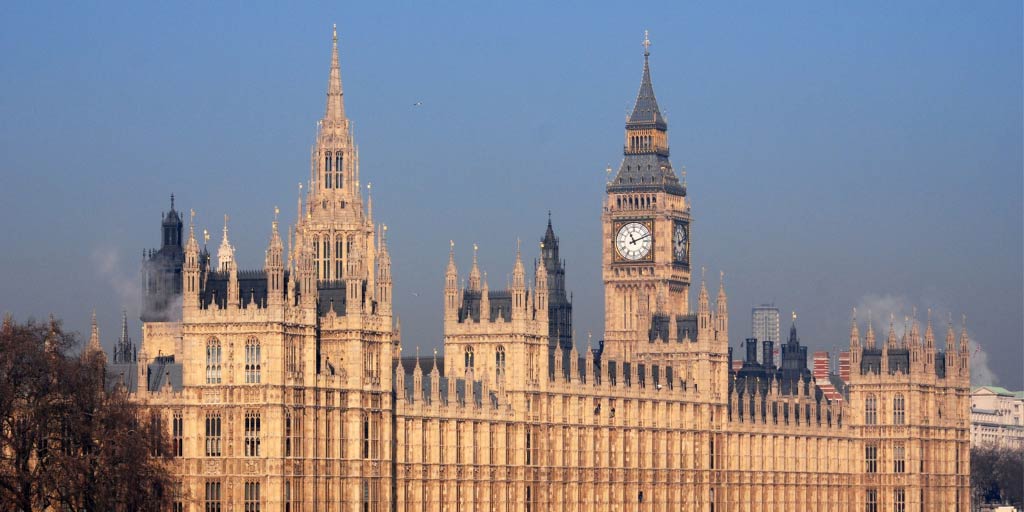This information should not be interpreted as financial, tax or legal advice. Mortgage and loan rates are subject to change.

Category: government and politics
UK inflation has risen to 2.2%, above the Bank of England's (BoE) 2% target. We analyse the effects this will have on landlords. Policymakers from the BoE have also given their views on inflation.
Among economic experts, an increase was the expected result. However, the BoE expected a slightly higher rise up to 2.3%, so they may be encouraged by the actual result. The decision to cut the Base Rate may have contributed to the slightly lower figure.
BoE policymaker warned not to take inflation for granted
The BoE’s move to drop the Base Rate this August has been hailed as a positive step forward after months of incremental increases.
However, an expert within the BoE cautioned against too much blind optimism about inflation. Even though it fell back to the 2% target last month, subsequent increases were on the cards and this month’s outcome proves that point.
Dr. Catherine L. Mann, a member of the Monetary Policy Committee (MPC), warned that the UK public had been “seduced by headline inflation”, during a podcast interview with the Financial Times. She was among the four policymakers that wanted to hold the Base Rate at 5.25%.
Individual members of MPC each have their own opinions and expertise to offer, so they cannot all be expected to agree on a major decision such as dropping the Base Rate, even by a small percentage. Case in point, the BoE governor Andrew Bailey was among those that voted to lower the Base Rate.
As we have previously reported, the MPC agreed not to reduce the Base Rate “too quickly or by too much”, which may mean we won’t see further reductions in 2024.
Some economists have confidently bet that more cuts are on the horizon, but at this stage, it is just conjecture.
The inflation increase lends further weight to what the BoE policymakers have been saying. Holding the Base Rate at a stable level could help keep inflation under control. If there is another cut this year, it may only be a minor adjustment.
Should landlords be cautious?
Prices of goods have risen in response to the Base Rate cut, while wages have grown faster than the BoE projected. Another concern for MPC members who voted to hold the Base Rate is service sector inflation.
We have already seen a growing handful of buy to let mortgage lenders reducing interest rates. As we reach the back end of 2024, lenders whose financial year runs January-December may take these early signs of improvement in rates to bring mortgage rates down to fill their loan books, but nothing is certain.
With a cautious approach from the BoE, lenders could equally take a cautious line. There have not been any radical rate drops as at the time of writing.
If the Base Rate either remains at 5% or decreases further, as is expected for 2025, lower mortgage rates are more likely to follow.
As for the future of inflation, it has been projected that by 2026, it will be down to 1.7%. However, between now and then, any number of things could happen that change the landscape and upend all expectations – a lesson the previous two decades should have taught us well.
For landlords in the Private Rented Sector, a sensible degree of caution is always preferable. Keep up with the news as much as possible – we will closely monitor the latest inflation and interest rate activity so that you remain in the loop.
Sign up to our email newsletter using the form below.

